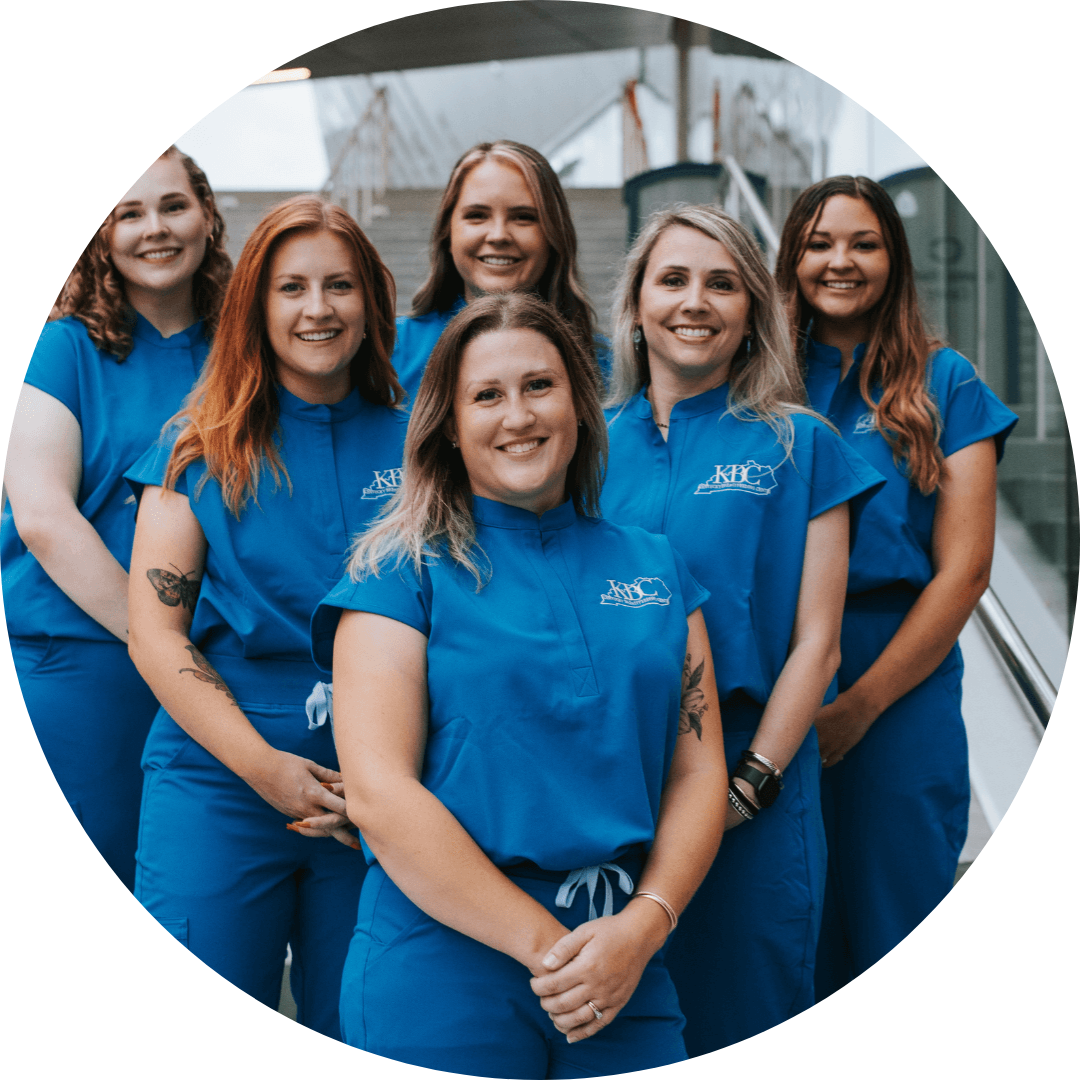Craniosacral Therapy
Craniosacral therapy is a gentle, hands-on technique used to assess and enhance the functioning of the central nervous system by releasing tension in the cranial and spinal areas. For infants, this craniosacral therapy can help alleviate issues that may interfere with successful breastfeeding or bottle feeding, such as tension or misalignment caused during birth. Addressing these issues early is vital for improving feeding efficiency, reducing discomfort, and promoting healthy growth. At the Kentucky Breastfeeding Center in Lexington, Kentucky, mothers whose babies require craniosacral therapy receive specialized guidance and support. The center provides comprehensive care, ensuring that every aspect of the feeding process is supported to help mothers and babies thrive.

Signs Your Baby Needs Craniosacral Therapy
Restlessness:
If your baby seems constantly restless or unable to settle, it could indicate underlying discomfort that craniosacral therapy can address. By releasing tension in the body, this craniosacral therapy may help soothe your baby, leading to better sleep and feeding habits.
Favoring One Breast:
When a baby favors one breast over the other, it may be due to restricted movement or discomfort on one side of the body. Craniosacral therapy can help balance the baby’s body, allowing for a more comfortable and effective feeding experience on both sides.
Tenseness & Difficult to Cuddle:
Babies who are tense or difficult to cuddle may be experiencing muscular or nervous system tension. Craniosacral therapy gently relieves these tensions, helping your baby feel more relaxed and responsive to touch and cuddling.
Tongue Tie Symptoms:
While tongue tie can directly affect feeding, tension in the mouth and jaw may also contribute to similar symptoms. Craniosacral therapy can help relieve tightness and improve oral function, making it easier for your baby to latch and feed.
Difficulty Latching:
If your baby struggles to latch properly, it could be due to underlying cranial or oral tension. Craniosacral therapy works to release these restrictions, improving your baby’s ability to achieve a deep, effective latch.
Breastfeeding is Painful:
Pain during breastfeeding often stems from poor latch or positioning, which may be caused by tightness in your baby’s body. Craniosacral therapy can alleviate these physical issues, making breastfeeding a more comfortable experience for both you and your baby.

Understanding Craniosacral Therapy
Craniosacral therapy (CST) is a gentle, hands-on treatment that focuses on relieving tension and restrictions in the body, particularly around the head, neck, and spine. During a craniosacral therapy session, the practitioner uses light touch to assess the baby’s cranial bones, spinal cord, and nervous system, identifying areas of tightness or misalignment. The goal is to release these restrictions, allowing the body to function more smoothly. Parents can expect the practitioner to work with their baby in a calm, soothing environment, often with the infant lying on a treatment table or in the parent’s arms. Craniosacral therapy (CST) sessions are usually very gentle, and babies often remain calm or even fall asleep during treatment. For infants with feeding difficulties, craniosacral therapy can support improved oral function and overall comfort, promoting a more successful feeding experience.
How Kentucky Breastfeeding Center Can Help
At the Kentucky Breastfeeding Center in Lexington, KY, mothers receive comprehensive support tailored to their unique needs. One-on-one craniosacral therapy consultations allow for in-depth assessments and personalized solutions to help resolve breastfeeding or bottle-feeding challenges. For those who cannot visit in person, virtual support options are available, ensuring that expert guidance is accessible from the comfort of home. The center also offers specialized help for troubleshooting common bottle refusal issues, working with families to identify underlying causes and implement effective strategies. With lactation consultants on hand, mothers receive dedicated, personalized guidance to support their feeding journey, ensuring both mother and baby have the tools needed for success.

Success Stories and Testimonials
Craniosacral Therapy Helps With
Feeding Difficulties:
Craniosacral therapy can address physical restrictions in the baby’s mouth, jaw, and neck that may contribute to ineffective latching or sucking. By relieving these tensions, babies often experience improved feeding efficiency and comfort.
Head & Neck Issues:
Tension or misalignment in the head and neck can limit a baby’s range of motion, making feeding and general movement uncomfortable. Craniosacral therapy gently releases these restrictions, promoting better head and neck mobility for easier feeding and overall well-being.
Birth Injuries:
Babies who experience birth trauma, such as compressed cranial bones or strained muscles, may struggle with discomfort that affects feeding and movement. Craniosacral therapy helps alleviate these effects by releasing tension and promoting healing after birth injuries.
Motor Coordination:
Imbalances in the body can lead to delayed or uncoordinated motor development. Craniosacral therapy can help improve motor function by addressing underlying nervous system imbalances, leading to smoother movement and better coordination.
Sleep Disturbances:
Craniosacral therapy can calm the nervous system and alleviate discomfort, helping babies who struggle with restless sleep or frequent wakefulness. By promoting relaxation, it can improve sleep patterns and help babies rest more peacefully.
Pain Reduction/Tension Relief:
Babies can experience physical tension and pain from a variety of causes, including tight muscles or birth trauma. Craniosacral therapy provides gentle relief from these issues, reducing discomfort and allowing the baby to feel more at ease.
Craniosacral Therapy Helps With
Feeding Difficulties:
Craniosacral therapy can address physical restrictions in the baby’s mouth, jaw, and neck that may contribute to ineffective latching or sucking. By relieving these tensions, babies often experience improved feeding efficiency and comfort.
Head & Neck Issues:
Tension or misalignment in the head and neck can limit a baby’s range of motion, making feeding and general movement uncomfortable. Craniosacral therapy gently releases these restrictions, promoting better head and neck mobility for easier feeding and overall well-being.
Birth Injuries:
Babies who experience birth trauma, such as compressed cranial bones or strained muscles, may struggle with discomfort that affects feeding and movement. Craniosacral therapy helps alleviate these effects by releasing tension and promoting healing after birth injuries.
Motor Coordination:
Imbalances in the body can lead to delayed or uncoordinated motor development. Craniosacral therapy can help improve motor function by addressing underlying nervous system imbalances, leading to smoother movement and better coordination.
Sleep Disturbances:
Craniosacral therapy can calm the nervous system and alleviate discomfort, helping babies who struggle with restless sleep or frequent wakefulness. By promoting relaxation, it can improve sleep patterns and help babies rest more peacefully.
Pain Reduction/Tension Relief:
Babies can experience physical tension and pain from a variety of causes, including tight muscles or birth trauma. Craniosacral therapy provides gentle relief from these issues, reducing discomfort and allowing the baby to feel more at ease.

Professional Craniosacral Therapy Support
Seeking professional support when faced with feeding challenges is essential to ensuring both mother and baby are healthy and comfortable. At Kentucky Breastfeeding Center in Lexington, KY, our lactation consultants offer a wide range of services, such as craniosacral therapy, designed to provide personalized, expert care. One-on-one craniosacral therapy consultations allow for individualized assessments and targeted solutions to address breastfeeding or bottle-feeding concerns. For added convenience, virtual support is available, making it easier for mothers to access professional guidance from home. Additionally, we offer bottle-feeding classes and workshops, giving parents the tools and knowledge they need to overcome common feeding challenges. With expert help, mothers can confidently navigate their feeding journey and provide the best care for their babies.
Frequently Asked Questions
Why would a baby need craniosacral therapy?
A baby may need craniosacral therapy if they experience feeding difficulties, head or neck tension, or have been affected by birth trauma. These issues can cause discomfort and lead to challenges in feeding, sleeping, or motor development. Craniosacral therapy helps release physical restrictions and imbalances in the baby’s body, promoting a more comfortable and functional experience for both the baby and parents.
What are the benefits of craniosacral therapy for babies?
Craniosacral therapy offers several benefits for babies, including improved feeding efficiency, reduced tension in the head, neck, and spine, and relief from discomfort caused by birth injuries. It can also enhance motor coordination, improve sleep patterns, and support overall relaxation. By addressing these issues early on, craniosacral therapy helps promote a baby’s healthy growth and development.
How many sessions of craniosacral therapy does my baby need?
The number of craniosacral therapy sessions needed varies depending on the baby’s specific needs and the severity of the issue. Some babies may see improvement after just one or two sessions, while others might benefit from ongoing therapy. Your craniosacral therapist will assess your baby and recommend an individualized treatment plan based on their progress and response to craniosacral therapy.
Are there side effects to craniosacral therapy for babies?
Craniosacral therapy is a gentle, non-invasive treatment, and side effects are rare. Some babies may experience mild sleepiness or temporary fussiness following a session, but these effects are typically short-lived. Most babies respond well to the craniosacral therapy, and it is considered safe when performed by a trained practitioner.
What is the success rate of craniosacral therapy for babies?
The success rate of craniosacral therapy for babies is generally high, especially when used to address specific issues like feeding difficulties, head or neck tension, or birth-related trauma. Many parents report noticeable improvements after just a few sessions, including better feeding, improved sleep, and reduced discomfort. However, success varies depending on the baby’s unique needs and the nature of the issue being treated.
What resources and support does the Kentucky Breastfeeding Center offer for craniosacral therapy?
At Kentucky Breastfeeding Center, we provide comprehensive support for mothers whose babies require craniosacral therapy. Our services include one-on-one consultations with experienced lactation consultants, virtual support options, and specialized guidance to address feeding challenges. We also collaborate with trusted craniosacral therapists, ensuring that babies receive the best possible care. Additionally, we offer educational resources and workshops to help parents understand the benefits and process of craniosacral therapy.
Your Journey to Successful Feeding and Baby’s Comfort
Every mother and baby’s journey is unique, and Kentucky Breastfeeding Center is here to provide the support and guidance you need every step of the way. Whether you are navigating breastfeeding challenges or considering craniosacral therapy for your baby, our team of expert craniosacral therapists is dedicated to helping you find the best solutions. Scheduling a craniosacral therapy consultation in Lexington, KY, is easy—simply fill out the contact form on our website or call us directly. Reach out to us today to begin your path toward a more comfortable and successful feeding experience. We’re here to help you and your baby thrive.











